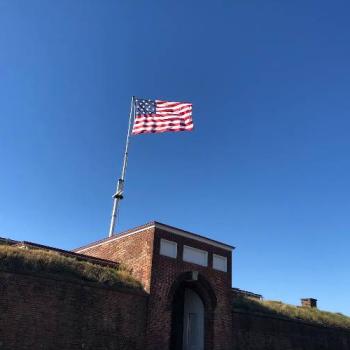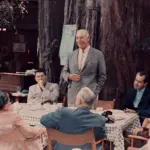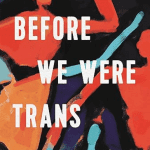The question of what constitutes a good death is intriguing because it has many variations. However, the reality is that your death is likely to be beyond your control. If you are fortunate enough to live a long life, you may experience a prolonged dying process that can last weeks or even months. One of the first indications that an older person is nearing the end of life is often hospice qualification. To simplify, this means a doctor has determined that it is likely you will pass away within six months. Usually, if a doctor can predict death is imminent, it will happen in much less time. Six months is a very long period, and it’s possible you may rally and “graduate” from hospice services, meaning you no longer qualify for them.
So, what do YOU think a good death would be for yourself? Most people struggle to answer this because there are so many variables. Many of us revert to the basics of where, when, who, and how. But as someone who has regularly witnessed the dying process, I can tell you that these aspects are often beyond your control.
The Best Laid Plans of Mice and Men
As a death doula, we attempt to plan for the vigil, which typically includes:
- Where you would like to be and all possible alternatives.
- Who you want to be with before or during your passing.
- The environment: lighting, smells, temperature, and music.
- And then the “how”—a whole complex issue in itself.
Here are some variables that often do not align with our vision for this event. First, you may or may not be fully aware of what is happening. If you have had a significant health event, you are likely to be in a hospital or facility at the time of your death. According to a 2017 KFF survey, 71% of Americans would prefer to die at home, while only 31.7% actually do.

Normally, your family, spouse, or children control your medical care and the information you receive. Depending on their feelings about death and specifically about your death, you may be close to passing without knowing your true situation while your family prays for your recovery.
Additionally, attending physicians and care providers often align with the family’s expectations or may be intentionally vague about recovery versus death unless death is imminent within hours.
The presence of a death doula provides an unaffiliated third person to advocate for the dying individual. This allows emotionally affected family members to process their feelings while ensuring the dying person’s wishes are respected.
Who do you want in the room, and who do you not? The dying may want privacy or may wish to protect certain people from emotional strain. They may want to discuss upsetting topics that oppose the family’s wishes. Death is a personal experience, and we each deserve to die as we want and have the right to facilitate that.
I once had to explain a doctor’s words to a dying man on life support. Despite being kept alive by machines and unable to recover, his family and the doctor had not communicated this to him. I cannot explain why my words were different, but he understood and expressed that he did not want to die.
This moment was transformative for him. I reminded him of the plan we had made for a good death on his terms, which required him to know what was happening. His clarity was unsettling, as most people are heavily medicated at this point. I provided further information about his condition, assured him of who was in the room, reviewed the care plan for his wife, and confirmed she was safe at home. Knowing he had done the work allowed him to pass without unfinished business.
This afternoon, I received a call from a different client. I had only spent a few minutes with him and his two daughters as a notary, not as a death doula. However, I took a few minutes to sit quietly with him. He was aware he was ill but not of his specific health situation, which his children controlled. He shared that he felt unwell, was tired of his situation, and didn’t know what would happen next. Immediately, one of his daughters reassured him he would feel better soon and go home. I smiled and took a minute to breathe with him, holding his hand. The room hushed as the daughters paused. He repeated his question, and I told him he was in control of what happened next. He seemed to dismiss me, and I quietly left, wondering how he would navigate the pressures around him.
Later, his daughter thanked me for my words, which had been a turning point for him. Over the holiday weekend, while others celebrated, this family held a vigil. His wife, who has dementia, visited him in the hospital and had a rare moment of clarity. They shared a beautiful conversation in which she expressed her love, acknowledged his impending death, and said she would join him soon. Even now, thinking about this secondhand account brings me to tears and fills my heart.
Sometimes we can plan, and other times we must find our way through the darkness alone. We live our lives to reach the point of death. I am blessed to play a small role in another’s transition, and it feels infinitely important.












